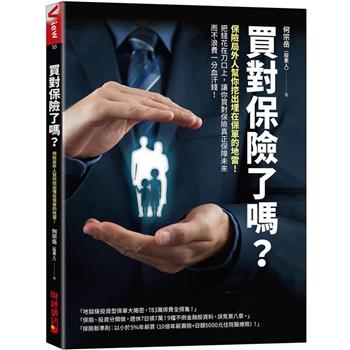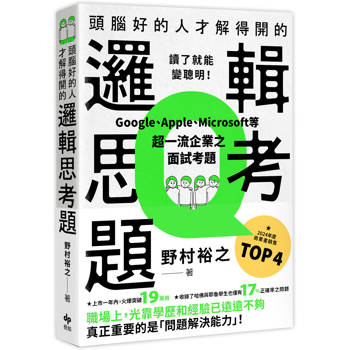M.Lee Morris has been extremely successful as a data and business analyst and database architect for over 30 years, but has had hobbies of Bible analysis, and debating comparative religions and the Philosophy of Truth for almost 50 years. He was greatly influenced by closely following the career of his uncle, Henry M. Morris Jr., and studying all of the books he authored, plus those of others who joined in his crusade for a scientific appreciation of the Bible. More about the author is found in the Prologue of this book, and at BusyMansBible.com. Here is some of that background story as told by M.Lee Morris: It has been 30 years since I first decided that this type of Bible study resource was needed, and that I felt obligated, if not "called", to attempt it. I had experienced a phenomenal career rise in only a few years, due to my genetic talents and skills for doing large scale data analysis and data modeling, and I felt that it was my duty to try to "give something back" to help others. In 1979 I was at the forefront of the engineering business world’s field of Data Modeling and Database design. I had fallen into one opportunity after another to prove that I had a unique ability to analyze and organize huge masses of data into efficient, useful, enterprise data repositories, and I was well noticed, appreciated and rewarded. I greatly enjoyed my work of analyzing large complex business processes and the related profusion of data, then discovering the inherent structures that best presented logical and useful views for understanding and improving the business. It is always fun to do something for which you are particularly suited. It was even more fun since my abilities enabled me to really impress my bosses, and the many others involved in the standardization and automation efforts that I was leading for a huge, global corporation. However, having been a very serious student of the Bible since early childhood, I could not help seeing the huge opportunity, not to mention the fun, of organizing the key content of the Bible into an optimal database layout, by applying the data analysis and modeling techniques that made me successful at work. Perhaps it is a good thing that life worked out so that I escaped the organized religion business into a successful, secular business career. I believe that the biggest problem in Biblical studies has been that the common student has been trained to learn only what the PhD theologians tell them about the Bible.
| FindBook |
有 1 項符合
The New Busy Man’s Bible: a New Age Approach to Christian Fundamentals的圖書 |
 |
The New Busy Man’s Bible: a New Age Approach to Christian Fundamentals 作者:Morris 出版社:Body Mind Book Publishers 出版日期:2009-06-04 語言:英文 規格:平裝 / 206頁 / 22.86 x 15.24 x 1.12 cm / 普通級/ 初版 |
| 圖書館借閱 |
| 國家圖書館 | 全國圖書書目資訊網 | 國立公共資訊圖書館 | 電子書服務平台 | MetaCat 跨館整合查詢 |
| 臺北市立圖書館 | 新北市立圖書館 | 基隆市公共圖書館 | 桃園市立圖書館 | 新竹縣公共圖書館 |
| 苗栗縣立圖書館 | 臺中市立圖書館 | 彰化縣公共圖書館 | 南投縣文化局 | 雲林縣公共圖書館 |
| 嘉義縣圖書館 | 臺南市立圖書館 | 高雄市立圖書館 | 屏東縣公共圖書館 | 宜蘭縣公共圖書館 |
| 花蓮縣文化局 | 臺東縣文化處 |
|
|
圖書介紹 - 資料來源:博客來 評分:
圖書名稱:The New Busy Man’s Bible: a New Age Approach to Christian Fundamentals
|









